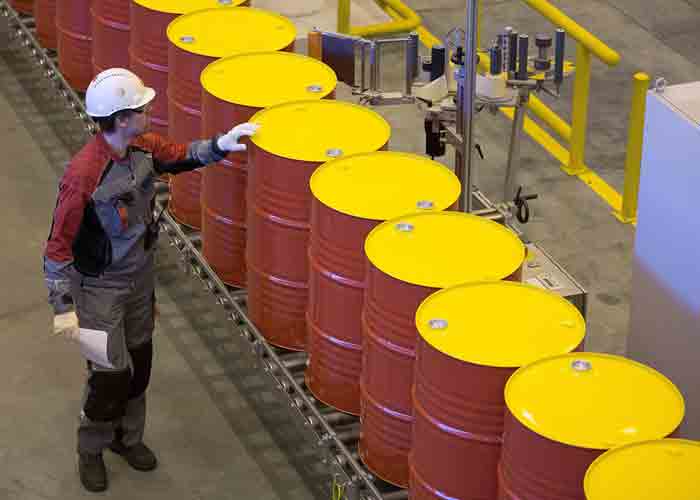
Iran sets Q4 light crude at 3-year low against Saudi Arab Light
Kuwait, Iran cut oil prices as fight for market share intensifies
SINGAPORE/TOKYO, September 14, 2015
Kuwait and Iran have cut their crude oil prices to Asia to multi-year lows against top exporter Saudi Arabia as the battle for market share among producers pits member of Organization of the Petroleum Exporting Countries (Opec) against each other.
Kuwait, one of the lowest-cost producers, cut its October price to Asia by 60 cents compared with the previous month, undercutting a reduction for a similar Saudi grade. This pulled Kuwaiti oil to its biggest discount to Saudi crude in over a decade, at 65 cents a barrel.
Last week, Iran cut the quarterly price differential for its flagship light crude against Saudi's Arab Light to the lowest in three years.
The price cuts come as Asia's economies slow and amid discussions for next year's supplies between producers and refiners. Also, Iran is looking to elbow its way back into its previous market share once sanctions over Tehran's nuclear programme are lifted, expected by the middle of next year.
The discounts highlight that there is not only a battle for market share between Opec and other exporters such as Russia and North America, but also within the Middle East.
The cuts are also a response to expensive Oman and Dubai crudes, which are seen to have failed to reflect ballooning global oversupply.
"All the Middle East producers want us to lift more crude next year," a trader with a North Asian refiner said, summing up recent price discussions.
"It's not a good sign," the trader said, referring to the oversupply that has pulled oil prices down over 50 per cent since June 2014 to levels last seen during the 2008/2009 financial crisis.
Middle East producers from Opec have pledged to maintain high output in a fight to defend market share against rising competition. So far, they have stuck to their decision despite calls by other Opec members such as Venezuela for the Middle East to cut excessive output.
Still, even maintaining the high output, the Middle East's Asian market share is falling, partly because of surging Russian supplies to China.
Asia's "share of Middle Eastern crude imports will have declined from around 65 percent in 2011 to around 60 percent by the end of this decade," analysts at JBC Energy said last week.
The Middle East's falling market share comes just as China's economy grows at its slowest pace in decades, pulling down much of Asia with it and hampering the outlook for fuel consumption.
-Reuters







